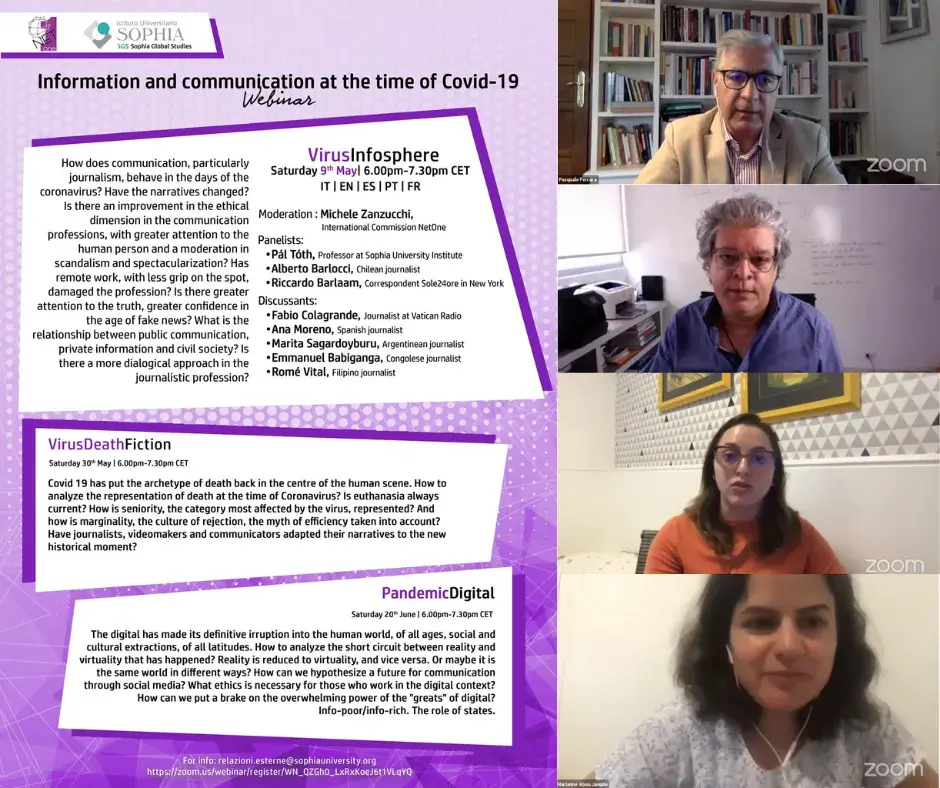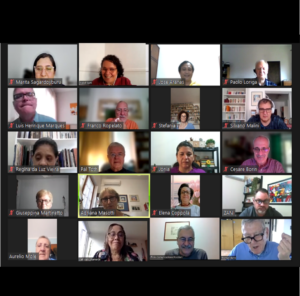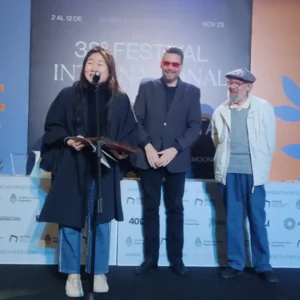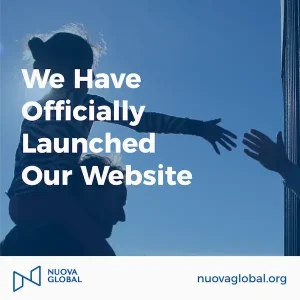
The third and last in-depth choral discussion of the cycle “Information and communication at the time of Covid-19”, organised by NetOne and the Sophia Global Studies (SGS) research centre, the relationships between reality and virtuality, artificial intelligence and “collective intelligence” were analysed in the light of the pandemic, with the resulting challenges and opportunities.
On Saturday 20 June 2020, Ambassador and lecturer Pasquale Ferrara, President of SGS, introduced the contributions with some food for thought on the role of states in Internet governance. He spoke of sharp power – a concept that is added to those of hard power, soft power and smart power – which indicates “the beginning of silent but insidious interference by authoritarian states in the life of democratic countries by exploiting the new tools offered by globalisation to their own advantage: manipulation of news, pressure on political and economic actors, cyber attacks”, which “brings political confrontation into a digital dimension”, and “acts on the terrain of public opinion, politics and the economy”, whose “enormous potential” has been manifested in pandemic times.
Also in a positive sense, with so-called ‘mask diplomacy’.
From Medellín (Colombia), the Italian-American university professor Aldo Civico emphasised that, as the theory of complex systems teaches, ‘innovation does not happen at the centre, in consolidated and traditional realities, but at the margins’, in the ‘peripheries of the system’. Such as those of Medellín itself, a city with a reputation as the ‘capital of drug trafficking’ and now a well-known world centre of innovation. Civico then focused on three points: ‘the role of collective intelligence’, ‘the importance of a higher purpose’ and ‘cities and companies as living organisms’.
The relationship between virtual and real-presential mode was addressed by Mariana Assis from Brazil, a customer success manager in a large global social networking company. Immersed in a 100 % virtual working world, she experienced first-hand what it means to work in companies for which it is very important, in daily practice, to work for the benefit of the community and society, through the care of talents (formerly ‘human resources’) and users.
“Relationships between colleagues are put first and the company encourages everyone to work collaboratively and help each other to evolve. These values are not just a sign on the wall: people are measured on this in performance evaluation”.
After explaining the benefits of the ‘virtual cafés’ she organised during the lockdown, Assis touched on the issue of privacy and ethics for those working in the digital environment.
Telecommunications engineer Marianne Abou-Jaoude illustrated from Lebanon some examples of the use of Artificial Intelligence (AI) in the generation of news and fake news, in the health sector and in the military, all of which have considerable ethical implications. These derive from the generally hidden inference of AI in decision-making systems at various levels (indeed, AI is also a ‘decision-making system on a planetary scale’ because it is ‘capable of making decisions’), from the intentionality of its use and from its value governance. Machine learning, by which AI learns from itself, also allows it to be ‘educated’ according to a value system and to act accordingly. But ‘who will decide what values’ will govern it? Will it be governed “by industry or governments? Or by third parties?”
Rich insights provoked by the participants’ questions, and a positive balance of the webinars cycle drawn by Michele Zanzucchi, lecturer at Sophia University Institute, and Stefania Tanesini, NetOne’s international coordinator.








